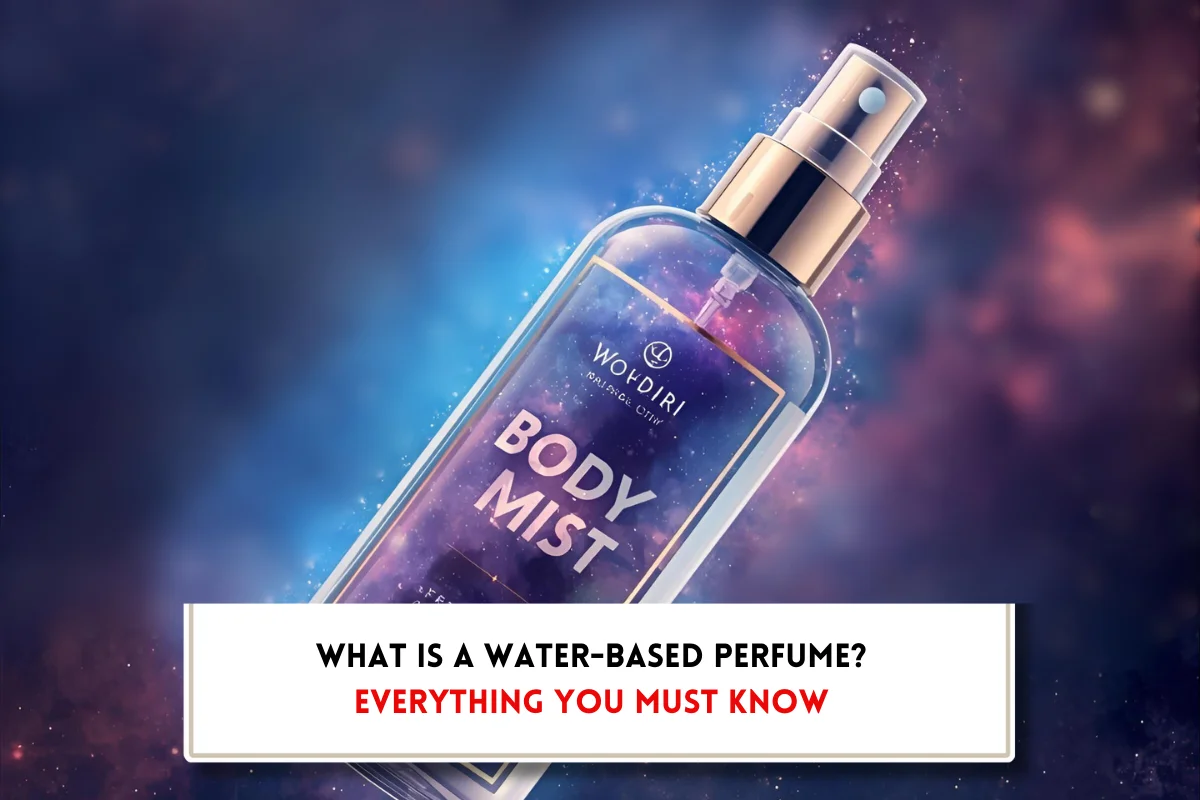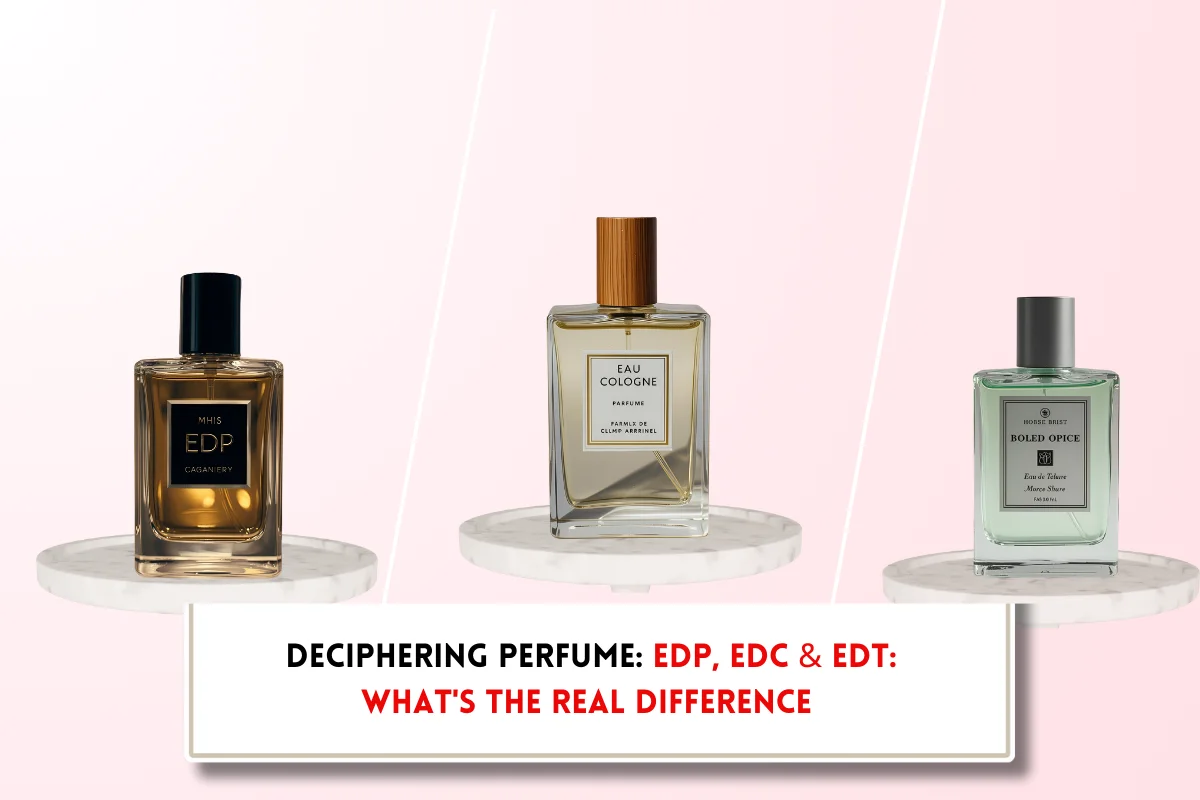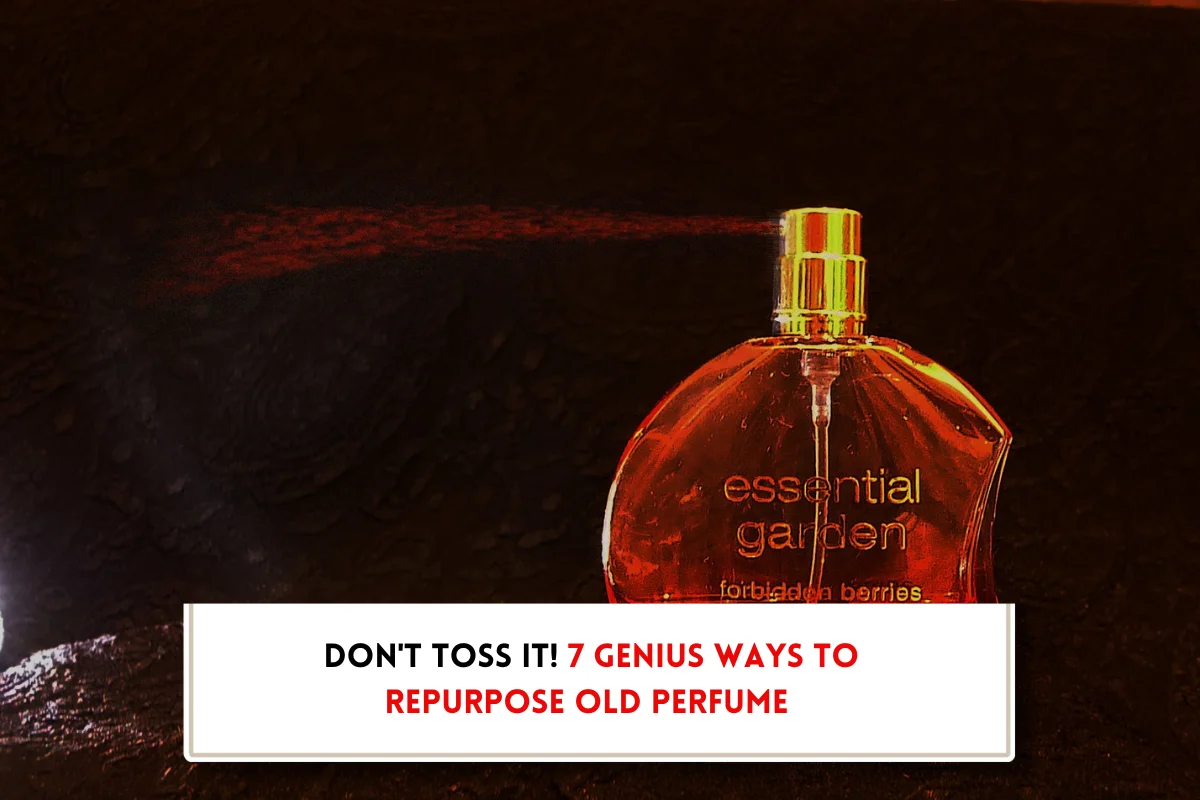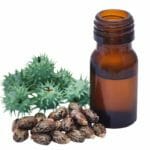Cleanser vs face wash: What’s the difference?
At BeautyCaters, our expert team independently curates every recommended product. Purchases through our links may earn us a commission. Explore our transparent selection process.
Ever found yourself lost in the aisle of face wash and cleanser? We’ve all been there.These two skin cleansers often get mixed up and even sound fancy for the same thing, but do you know they have a thin line of difference.
Let’s clear up this confusion once and for all and know the nitty gritty of cleansers and face washes as I break down the difference. Whether you’re a skincare newbie or a seasoned pro, you’ll walk away with a clearer understanding of cleanser vs face wash.
- What is a cleanser?
- What are the key benefits of using a cleanser?
- Types of cleansers
- How to choose the right cleanser for your skin?
- What is a face wash?
- What are the key benefits of using a face wash?
- Types of face washes for different skin types
- What is the difference between cleanser and face wash?
- When to use a face wash and a cleanser?
- Cleanser vs face wash: Which one is right for you?
- Frequently asked questions about cleansers and face washes
- Final Word:

What is a cleanser?
A cleanser is a gentle, skin-friendly product designed to remove dirt, oil, makeup, and pollutants without stripping away your skin’s natural moisture barrier. It help to unclog pores. But what makes it stand out is, unlike harsher cleansers, it maintains your skin’s delicate balance, preventing dryness and irritation.
Cleansers come in various forms, such as creams, gels, and milks, catering to different skin types and preferences. Whether you have dry, oily, or sensitive skin, there’s a cleanser out there to suit your needs.
What are the key benefits of using a cleanser?
Cleansers are essential skincare products that offer a multitude of benefits for your skin. By gently removing dirt, oil, and makeup, they create a clean canvas for other skincare products to work effectively.
Here are some key advantages of using a cleanser:
- Hydration boost: Many cleansers are formulated with hydrating ingredients like glycerin and hyaluronic acid. These humectants draw moisture from the air and lock it into your skin, leaving it soft, supple, and plump.
- Gentle cleansing: Cleansers are typically milder than traditional soaps, making them suitable for sensitive skin. They avoid harsh surfactants that can strip away your skin’s natural oils, leading to dryness and irritation.
- Effective makeup removal: Cleansers, especially cream-based ones, excel at dissolving stubborn makeup, including waterproof mascara and long-lasting foundation. This thorough cleansing helps prevent clogged pores and breakouts.
- Improved skin texture: Regular cleansing can help improve your skin’s texture by removing dead skin cells and other impurities. This can lead to a smoother, more radiant complexion.
- Enhanced product absorption: A clean surface allows your serums, moisturizers, and other skincare products to penetrate deeper into your skin, maximizing their efficacy.
Also Read: How long to leave cleanser on face?
Types of cleansers

Choosing the right cleanser is crucial for maintaining healthy skin. Different skin types require different types of cleansers to achieve optimal results. Here are some of the most common types of cleansers:
- Gel Cleansers: Ideal for oily and acne-prone skin, gel cleansers effectively remove excess oil and dirt without stripping the skin of its natural moisture. They have a lightweight, refreshing formula that helps unclog pores and prevent breakouts.
- Foaming Cleansers: Foaming cleansers are suitable for all skin types, especially oily and combination skin. They create a rich lather that helps remove makeup, dirt, and oil, leaving your skin clean and refreshed.
- Cream Cleansers: Cream cleansers are gentle and hydrating, making them perfect for dry and sensitive skin. They provide a gentle cleansing action while nourishing and moisturizing the skin.
- Oil Cleansers: Oil cleansers may sound counterintuitive, but they are highly effective at removing makeup, dirt, and excess oil. They use the principle of “like dissolves like” to dissolve oil-based impurities. Oil cleansers are particularly beneficial for removing heavy makeup and sunscreen.
- Micellar Water: Micellar water is a gentle, water-based cleanser that effectively removes makeup and impurities without the need for rinsing. It contains tiny micelles that attract and dissolve dirt and oil, leaving your skin clean and refreshed.
How to choose the right cleanser for your skin?
Selecting the right cleanser is essential for maintaining healthy skin. Here are some tips to help you choose the best cleanser for your specific skin type and concerns:
- Dry Skin: Opt for a gentle, creamy cleanser that provides hydration and nourishment. Avoid harsh cleansers that can strip away natural oils, leaving your skin dry and irritated.
- Oily Skin: Choose a foaming cleanser that effectively removes excess oil and dirt without overdrying your skin. Look for cleansers containing salicylic acid or benzoyl peroxide to help combat acne.
- Combination Skin: A gel-based cleanser can be a good choice for combination skin, as it can help balance both oily and dry areas. Look for cleansers with ingredients like hyaluronic acid to hydrate your skin.
- Sensitive skin: Opt for a gentle, fragrance-free, and hypoallergenic cleanser to minimize irritation. Avoid harsh surfactants and alcohol-based cleansers that can disrupt your skin’s natural barrier.
What is a face wash?
A face wash is a liquid-based cleanser designed to deep clean your skin, removing excess oil, dirt, and makeup. They are often formulated to create a lather or foam, making them effective at removing impurities from the skin’s surface.
Face washes are particularly beneficial for those with oily or acne-prone skin as they help to control excess sebum production and unclog pores. While face washes are a type of cleanser, they tend to be more potent and targeted than traditional cleansers.
What are the key benefits of using a face wash?

Face washes offer several key benefits for your skin, especially if you have oily or acne-prone skin:
- Effective cleansing: Face washes are designed to remove dirt, oil, and makeup from the skin’s surface, leaving it clean and refreshed. They can penetrate deep into the pores to eliminate impurities that can lead to breakouts.
- Acne control: Many face washes contain active ingredients like salicylic acid and benzoyl peroxide, which help to unclog pores, reduce inflammation, and prevent future breakouts. These ingredients work by exfoliating dead skin cells, killing bacteria, and reducing excess oil production.
- Oil control: Face washes formulated for oily skin often include ingredients that help to regulate sebum production, such as tea tree oil, witch hazel, and clay. These ingredients can help to absorb excess oil and keep your skin matte throughout the day.
- Improved skin texture: Regular use of a face wash can help to improve the overall texture of your skin by removing dead skin cells and other impurities. This can lead to a smoother, more radiant complexion.
- Enhanced product absorption: By removing dirt, oil, and makeup, a face wash can help your other skincare products, such as serums and moisturizers, to penetrate deeper into the skin and work more effectively.
Types of face washes for different skin types
Choosing the right face wash is crucial for maintaining healthy skin. Here are some common types of face washes tailored to specific skin types:
- Oily skin face wash: Oily skin often requires a face wash that can effectively remove excess sebum without stripping the skin of its natural moisture. Look for face washes with ingredients like salicylic acid, tea tree oil, or charcoal, which can help to control oil production and prevent breakouts.
- Dry skin face wash: Dry skin needs a gentle, hydrating face wash that can cleanse without further drying out the skin. Look for face washes with ingredients like hyaluronic acid, glycerin, or ceramides, which can help to retain moisture and soothe the skin.
- Combination skin face wash: Combination skin can be tricky to manage, as it involves both oily and dry areas. A gentle, balanced face wash can help to cleanse the oily T-zone without drying out the cheeks. Look for face washes with ingredients like aloe vera, which can soothe and hydrate the skin.
- Sensitive skin face wash: Sensitive skin requires a gentle, fragrance-free face wash that won’t irritate the skin. Look for face washes with calming ingredients like chamomile or calendula, which can help to reduce redness and inflammation.
Remember, it’s important to choose a face wash that suits your specific skin type and concerns. If you’re unsure, consult with a dermatologist for personalized advice.
What is the difference between cleanser and face wash?
While both cleansers and face washes are used to cleanse the skin, they have distinct formulations and are best suited for different skin types and needs. Here are their key differences:
- Purpose: While face wash deeply cleanses the skin by removing dirt, oil, and impurities, cleansers Gently remove dirt, oil, and makeup without stripping the skin’s natural moisture barrier.
- Foaming action: Face washes typically lather into a foam when applied to wet skin, while cleansers often have a creamier or gel-like texture.
- Skin type: Face washes are generally more suitable for oily and combination skin types as they help remove excess sebum. Cleansers, on the other hand, are often gentler and more hydrating, making them ideal for dry and sensitive skin.
- Moisturization: Cleansers are often formulated with moisturizing ingredients like glycerin and hyaluronic acid, which help to hydrate and nourish the skin. Face washes, while effective at cleansing, may not provide the same level of hydration.
- Usage: Face washes are primarily used as part of the daily cleansing routine, both morning and night. Cleansers can be used as a second cleansing step, especially at night, to remove any residual makeup or impurities.
When to use a face wash and a cleanser?
While both face washes and cleansers are effective at removing dirt, oil, and makeup, they have different formulations and are best suited for specific skin types and needs. Here’s a breakdown of when to use each:
Face Wash:
Oily or Acne-Prone Skin: Face washes are ideal for removing excess oil and preventing breakouts. They often contain ingredients like salicylic acid or benzoyl peroxide that can help to clear pores and reduce inflammation.
Morning Routine: A face wash can be used in the morning to refresh your skin and prepare it for the day.
Cleanser:
Dry or Sensitive Skin: Cleansers are generally gentler and more hydrating, making them suitable for dry and sensitive skin. They often contain moisturizing ingredients like hyaluronic acid and glycerin.
Nighttime Routine: A cleanser can be used at night to remove makeup, sunscreen, and other impurities. It can also be used as a second cleanse after a face wash to ensure your skin is thoroughly clean.
Cleanser vs face wash: Which one is right for you?

Choosing between a face wash and a cleanser often depends on your skin type and specific concerns.
- Oily or Acne-Prone Skin: A face wash can be a good choice for oily or acne-prone skin as it helps to remove excess oil and unclog pores. Look for formulations with salicylic acid or benzoyl peroxide for added acne-fighting benefits.
- Dry or Sensitive Skin: A gentle cleanser is ideal for dry or sensitive skin. It cleanses without stripping away natural oils, leaving your skin hydrated and soothed. Opt for creamy or milky cleansers.
- Combination Skin: A combination approach might work best. Use a gentle cleanser on your drier cheeks and a face wash on your oilier T-zone (forehead, nose, and chin).
- Normal Skin: Normal skin can tolerate both cleansers and face washes. Choose based on your preference for texture and desired level of cleansing.
Remember, these are general guidelines. It’s always best to experiment and find what works best for your individual skin needs.
Frequently asked questions about cleansers and face washes
Can I use both a cleanser and a face wash in my routine?
Yes, you can use both a cleanser and a face wash in your skincare routine, a practice known as double cleansing. This is especially beneficial for those with specific skin concerns, such as oily or acne-prone skin.
Which one should I use: cleanser or face wash?
The best choice for you depends on your skin type:
Dry or Sensitive Skin: Opt for a gentle cleanser to avoid stripping your skin of its natural oils.
Oily or Acne-Prone Skin: A face wash can help to control excess oil and prevent breakouts.
Can I use a cleanser or face wash to remove makeup?
Both cleansers and face washes can be used to remove makeup. However, cleansers are generally more effective at removing stubborn makeup, especially waterproof formulas.
How often should I use a cleanser or face wash?
You should cleanse your face twice a day, once in the morning and once at night. However, the frequency may vary depending on your skin type and lifestyle. If you have oily or acne-prone skin, you may need to cleanse more frequently. For dry or sensitive skin, cleansing once or twice a day is usually sufficient.
Final Word:
So, should you reach for a face cleanser or a face wash?
It really depends on your skin’s type, mood and needs ! If your skin’s feeling sensitive or dry, a gentle cleanser might be your best bet. But if you’re battling oily skin or acne, a face wash with some exfoliating action could be the way to go.
The bottom line? Choose a product that leaves your skin feeling clean, refreshed, and ready to take on the day!










